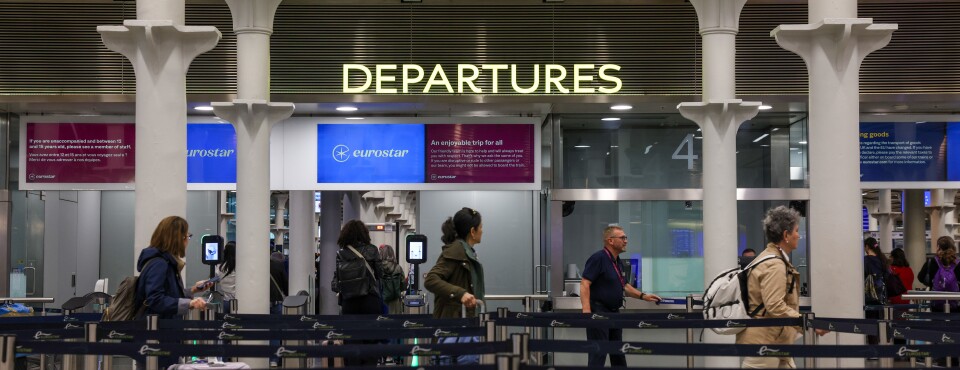
"As work becomes increasingly borderless, understanding how VAT applies is critical. The first step is to know where obligations begin and ensure they're addressed before they become a problem. There are two categories of global workers for whom VAT considerations are especially relevant: Employees on international secondments, who remain on their company's payroll while temporarily working abroad, and digital nomads, who operate their own businesses while moving from country to country."
"The question was whether seconding staff to another company-without adding any profit margin-still amounts to a supply of services "for consideration" under the EU VAT Directive. The court was clear: If one company makes personnel available to another and receives any form of payment in return, this constitutes a taxable service. The presence or absence of a markup is irrelevant. What matters is the "direct link" between the service provided and the payment made."
As work becomes increasingly borderless, understanding how VAT applies is critical. The first step is to know where obligations begin and ensure they're addressed before they become a problem. VAT is often overlooked compared with income tax and Social Security. Two categories of global workers are especially relevant: employees on international secondments and digital nomads operating their own businesses while moving between countries. Employee secondments typically involve recharging salary to a host company, creating potential VAT consequences. The Court of Justice of the EU has ruled that supplying personnel for payment constitutes a taxable service regardless of a markup. In many cross-border situations, the reverse charge will apply. Tax managers should proactively identify VAT exposure and determine the correct treatment before liabilities arise.
Read at Bloombergtax
Unable to calculate read time
Collection
[
|
...
]